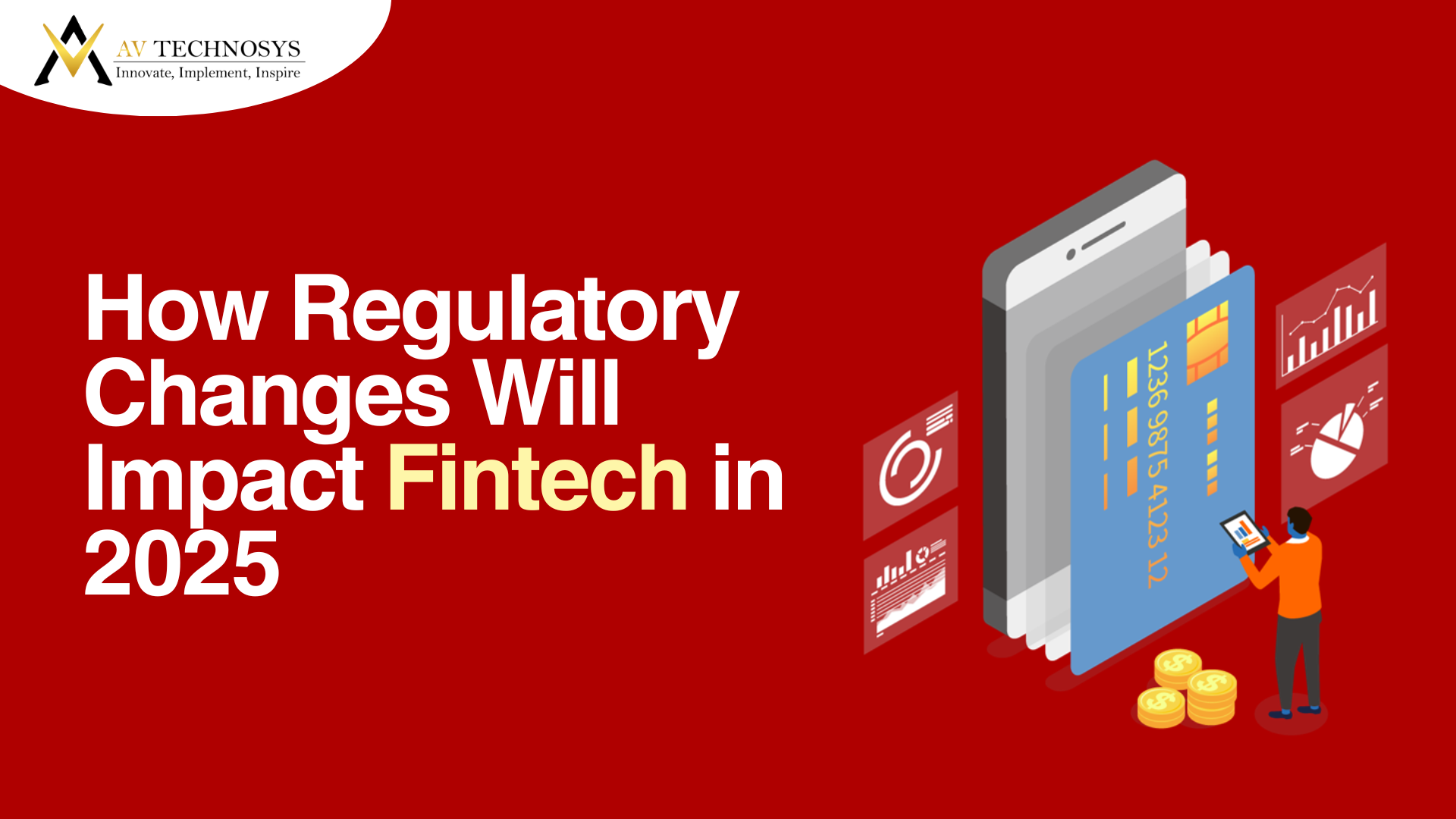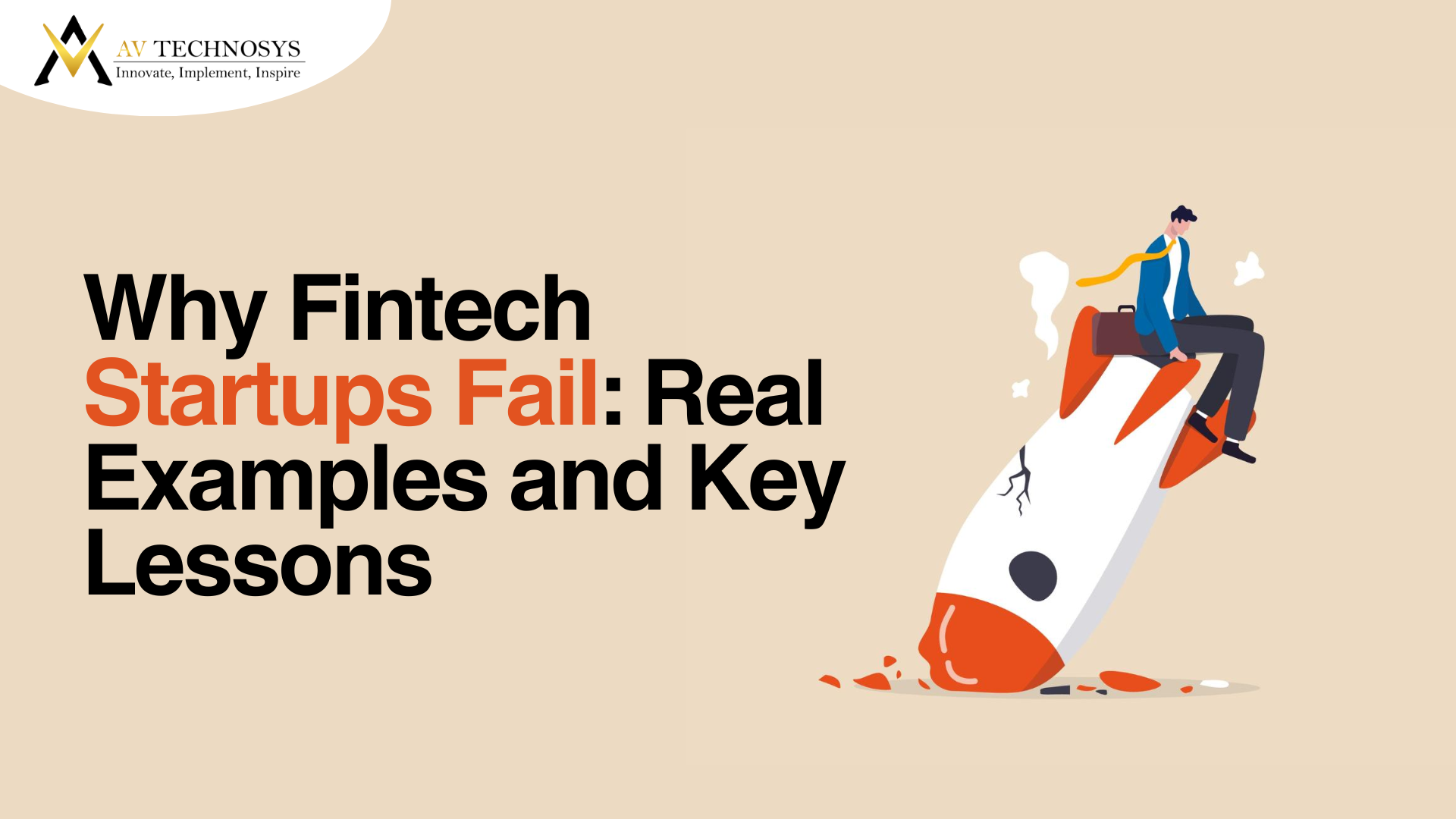Top Digital Commerce Solutions for Modern Businesses
Explore top digital commerce solutions to grow and modernise your business online.


In today’s hyperconnected world, digital commerce has evolved beyond being just a sales channel; it’s the heartbeat of modern business. Whether you’re a startup aiming to sell your first product or an enterprise managing thousands of transactions daily, choosing the right digital commerce platform can make or break your success.
With global eCommerce sales projected to surpass $8 trillion by 2027, the competition is fierce, and consumer expectations are higher than ever. From AI-driven personalisation to omnichannel integration, businesses now require robust, flexible, and scalable commerce solutions that not only handle transactions but also deliver seamless customer experiences.
In this article, we’ll explore the top digital commerce solutions for modern businesses, their standout features, and how they cater to different scales and industries.
What Is Digital Commerce?
Before diving into platforms, let’s clarify what digital commerce actually means.
Digital commerce (or eCommerce) refers to the buying and selling of goods and services through digital channels, primarily websites, mobile apps, and social platforms. But today, it extends far beyond simple online transactions. Partnering with a website development company can help businesses build powerful, user-friendly online stores that integrate marketing, analytics, and payment systems seamlessly, creating a complete digital experience for customers.
Modern digital commerce involves:
Product management and cataloguing
Marketing automation and SEO
Customer analytics and personalisation
Omnichannel integration (online + offline)
Subscription billing, loyalty programs, and more
A digital commerce platform is the foundation that enables all of this to happen smoothly.
1. Shopify — Best for Small to Mid-Sized Businesses
Shopify remains one of the most popular and user-friendly digital commerce platforms in the world. Known for its simplicity and scalability, it allows businesses to launch an online store quickly with minimal technical expertise.
Key Features:
Drag-and-drop website builder with customizable themes
Secure payment gateway and integrated checkout
AI-driven analytics and abandoned cart recovery
Shopify Plus for enterprise-level operations
Why It Stands Out:
Shopify’s vast app ecosystem and seamless integrations make it an ideal choice for small businesses looking to scale rapidly. It’s also great for entrepreneurs who want to test new business ideas or manage multiple stores under one umbrella.
2. Magento (Adobe Commerce) — Best for Enterprises and Customisation
Magento, now known as Adobe Commerce, is a powerhouse for large-scale businesses that need flexibility and advanced functionality.
Key Features:
Open-source architecture with deep customisation
Multi-store and multi-language capabilities
AI-powered product recommendations
Advanced SEO and marketing tools
Why It Stands Out:
Magento’s scalability is unmatched. It’s built for businesses handling thousands of SKUs, complex pricing rules, and global customer bases. The downside? It requires technical expertise to manage, but the payoff in customisation and performance is worth it.
3. WooCommerce — Best for WordPress Users
For businesses already using WordPress, WooCommerce is the go-to solution. It’s a free, open-source plugin that transforms your WordPress site into a fully functional eCommerce store.
Key Features:
Seamless integration with WordPress
Thousands of plugins and extensions
Complete control over site data
One of the largest open-source communities
Why It Stands Out:
WooCommerce gives you complete ownership and flexibility without hefty licensing fees. It’s ideal for bloggers, small businesses, and content-driven brands that want eCommerce integrated directly into their website.
4. BigCommerce — Best for Fast-Growing Businesses
BigCommerce is designed for high-performance eCommerce without the complexity of self-hosted platforms. It offers enterprise-grade features with an intuitive interface.
Key Features:
Headless commerce capability
Multi-channel selling (Amazon, eBay, Instagram, etc.)
Built-in SEO and analytics tools
No transaction fees
Why It Stands Out:
BigCommerce supports scalability without sacrificing performance. It’s perfect for fast-growing brands that want enterprise-level tools without extensive backend management.
5. Salesforce Commerce Cloud — Best for Omnichannel Retail
Salesforce Commerce Cloud (SFCC) is a cloud-based digital commerce platform that integrates deeply with the Salesforce ecosystem, making it a top choice for enterprise retailers focused on customer experience.
Key Features:
Unified customer data across sales, service, and marketing
AI-driven personalisation via Einstein AI
Cloud scalability and global deployment
B2B and B2C capabilities
Why It Stands Out:
SFCC excels in omnichannel integration, bridging online, mobile, and in-store experiences seamlessly. If customer engagement and personalisation are your top priorities, this platform is hard to beat.
6. Wix eCommerce — Best for Beginners
Wix started as a website builder but has evolved into a capable eCommerce platform for small businesses and independent creators.
Key Features:
Drag-and-drop builder with modern templates
AI-assisted design through Wix ADI
Integrated shipping and tax management
Affordable pricing
Why It Stands Out:
Wix is ideal for businesses that want simplicity over complexity. It’s great for artists, small boutiques, and service-based businesses transitioning to online sales without heavy investment.
7. SAP Commerce Cloud — Best for Large Enterprises
Formerly known as Hybris, SAP Commerce Cloud is a comprehensive solution for multinational corporations with complex product catalogues and customer bases.
Key Features:
End-to-end B2B and B2C capabilities
Integration with SAP ERP and CRM systems
AI-powered merchandising and search
Omnichannel and headless commerce
Why It Stands Out:
SAP Commerce Cloud offers robust backend power, perfect for industries like manufacturing, automotive, and distribution, where data and operations integration are crucial.
8. Squarespace Commerce — Best for Creatives and Small Businesses
Squarespace has long been the go-to platform for creatives. Squarespace Commerce extends its elegant design philosophy into eCommerce.
Key Features:
Stunning templates optimised for visual storytelling
Mobile-first design approach
Integrated marketing, analytics, and email tools
Easy inventory and fulfilment management
Why It Stands Out:
It’s perfect for designers, photographers, and lifestyle brands that prioritise aesthetics and simplicity. You get a visually polished storefront without needing code.
9. Oracle Commerce — Best for Complex Enterprise Needs
Oracle Commerce is tailored for large organisations that require advanced integrations and data-driven personalisation.
Key Features:
Enterprise-grade scalability and security
AI-based customer insights and targeting
Robust B2B and B2C functionality
Deep integration with the Oracle Cloud ecosystem
Why It Stands Out:
Oracle Commerce is all about data intelligence and scalability. It’s suitable for enterprises managing multi-brand portfolios or global operations needing deep analytics.
10. Commercetools — Best for Headless and Future-Ready Businesses
Commercetools is one of the pioneers of headless commerce, a modern architecture that separates the frontend from the backend, giving brands total freedom to design digital experiences.
Key Features:
API-first, microservices-based architecture
Fast integrations across platforms and devices
Scalable cloud infrastructure
Ideal for IoT, voice commerce, and AI-driven apps
Why It Stands Out:
Commercetools is future-ready. It’s designed for tech-forward businesses that want agility and innovation, allowing them to deliver commerce experiences anywhere, from websites to smart devices.
Choosing the Right Digital Commerce Platform
Selecting the best platform isn’t about picking the most popular name—it’s about aligning your business goals, resources, and customer needs. Here are a few quick pointers:
Business Type | Recommended Platforms | Why |
Small Business / Startup | Shopify, Wix, WooCommerce | Affordable and easy to use |
Mid-Sized Company | BigCommerce, Squarespace | Scalable with advanced features |
Enterprise / Global Brand | Adobe Commerce, Salesforce, SAP, Oracle | Deep customisation and omnichannel power |
Tech-Driven / Innovative | Commercetools | Headless, flexible, and future-proof |
Key Trends in Digital Commerce for 2025
As businesses evolve, so does digital commerce. Here are the biggest trends shaping the industry:
AI and Personalisation – Platforms now use AI to predict customer behaviour, personalise recommendations, and optimise pricing.
Headless Commerce – Flexibility and speed are driving the shift to decoupled architectures.
Omnichannel Integration – Customers expect seamless experiences across web, mobile, and in-store.
Voice and Conversational Commerce – Shopping via smart assistants is growing rapidly.
Sustainability and Ethical Shopping – Consumers prefer brands that prioritise eco-friendly operations.
These trends highlight one truth: digital commerce is no longer about transactions, it’s about relationships, experiences, and trust.
Conclusion
The digital commerce world is changing fast and the right platform can define your success. From Shopify to Salesforce, every choice matters.
At AV Technosys, we design powerful, customised eCommerce solutions that help your business sell smarter, grow faster, and stay ahead of the competition.
Let’s build your next digital success story. Partner with AV Technosys today.
FAQs
1. What is a digital commerce platform?
A digital commerce platform is a software solution that enables businesses to sell products and services online. It manages everything from product listings, payments, and inventory to marketing, analytics, and customer experience.
2. Which digital commerce platform is best for small businesses?
For small and growing businesses, Shopify, WooCommerce, and Wix eCommerce are excellent choices. They’re affordable, easy to use, and offer plenty of customisation without needing advanced technical skills.
3. What’s the difference between eCommerce and digital commerce?
While eCommerce focuses primarily on online transactions, digital commerce is broader—it includes digital marketing, customer engagement, analytics, mobile shopping, and omnichannel experiences that extend beyond simple buying and selling.
4. Which platform is ideal for enterprise-level businesses?
Large enterprises typically prefer Adobe Commerce (Magento), Salesforce Commerce Cloud, SAP Commerce Cloud, or Oracle Commerce due to their scalability, integrations, and advanced personalisation features.
5. What is headless commerce, and why is it important?
Headless commerce separates the frontend (user interface) from the backend (data and functionality), allowing brands to deliver customised experiences across multiple devices and channels. Platforms like Commercetools and BigCommerce support headless architecture.
6. How do I choose the right digital commerce solution for my business?
Consider your business size, technical capability, target audience, and growth goals. Start with a scalable solution that meets current needs but can grow with your business over time.
7. Can AV Technosys help with digital commerce development?
Absolutely. AV Technosys specialises in creating robust, scalable, and customised eCommerce platforms for businesses of all sizes. From design to deployment, our team ensures a seamless digital transformation journey.
📬 Get in Touch With Us
Name
Mobile No.
Message
Our Latest Blogs
Get the most recent information on trends, technology, and development insights.
View All Blogs

Ashish Bishnoi
07-05-2025
Discover how AI is reshaping fintech with key trends and real-world benefits driving innovation in 2025.

Veer choudhary
08-05-2025
Explore how new regulatory changes will shape the future of fintech in 2025 and beyond.

Veer choudhary
11-05-2025
Learn why fintech startups fail with real examples and key lessons to build smarter in 2025.
Our Technology Experts Are Catalysts for Digital Transformation
Book a Free call with Our Experts and Start Building the Future Today.

INDIA
238, 2nd floor, Purani Chungi,
DCM Road, Vaishali Nagar,
Jaipur, Rajasthan, 302017
+91 9983034111

UK
1-3 St Nicholas Street Worcester
WR1 1UW, United Kingdom
+44 7470994018

USA
15632 Lucy Lane ,
Frisco , TX , 75033
303-589-5158







